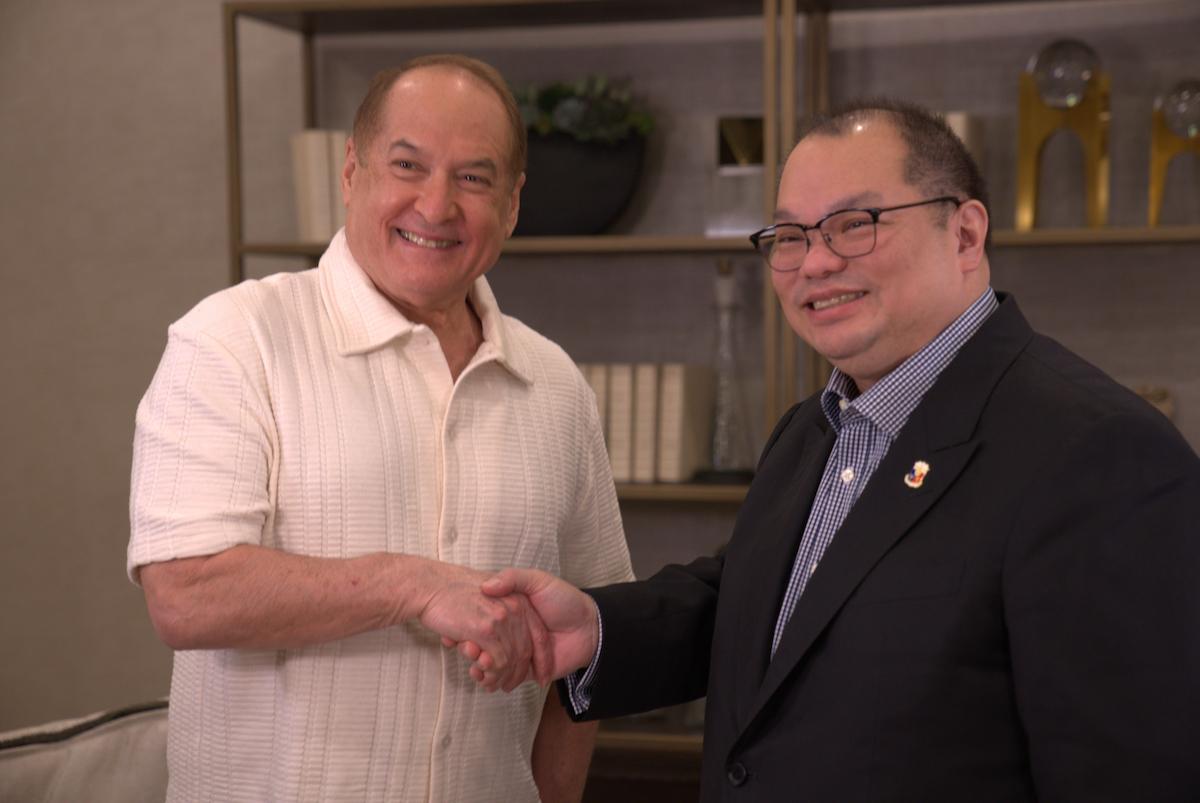ON June 10, 2013, Commissioner Martin R. Gladstein of Department 2 of the Valencia, California Court, ordered restitution payment as in a civil judgment, pursuant to Penal Code Section 1202.4(i).
This Author currently represents the white Caucasian defendant, who pled “no contest” to a violation of Section 243(d) of the Penal Code for assault with infliction of serious bodily injury, through a prior private counsel, on March 30, 2010.
He was sentenced on June 10, 2010 to: suspended sentence, 36 months of summary probation, 240 hours of community service, 52 anger management classes, stay away from the victim, $160 in fines, restitution to victim pursuant to Penal Code Section 1201.4(f), and scheduled for restitution hearing on July 28, 2010, by Judge Michael J. O’Gara.
Restitution hearing and court’s finding on restitution:
At the restitution hearing on July 28, 2010, Judge Michael J. O’Gara heard evidence from the victim, though Deputy District Attorney Emily Chang Carmack, on the amount of restitution owing to the victim of assault with serious bodily injury.
Indeed, under Penal Code Section 1202.4(f), “in every case in which a victim has suffered economic loss as a result of the defendant’s conduct, the court shall require that the defendant make restitution to the victim or victims in an amount established by court order, based on the amount of loss claimed by the victim or victims or any other showing to the court.”
But the defendant, under Penal Code Section 1202.4(f)(1), has the “right to a hearing before a judge to dispute the determination of the amount of restitution.” And the court “may modify the amount, on its own motion or on the motion of the district attorney, the victim or victims, or the defendant.”
Moreover, under Penal Code Section 1202.4(g), the court “shall order full restitution unless it finds compelling and extraordinary reasons for not doing so and states those reasons on the record.” But a “defendant’s inability to pay shall not be considered a compelling and extraordinary reason not to impose a restitution order, nor shall inability to pay be a consideration in determining the amount of a restitution order.”
In this assault with serious bodily injury case, Judge Michael J. O’Gara ordered restitution to the victim in the amount of $43,000.00 plus interest at the rate of ten percent per annum from July 28, 2010 forward.
Restitution payment hearing and order as if a civil judgment
At the restitution payment hearing on June 10, 2013, attended by the Author on behalf of the defendant who was also present, Commissioner Martin R. Gladstein of Department 2 of the Valencia Court ordered the defendant to pay the balance of the amount of restitution in the sum of $41,000.00 in ten years, as if the Restitution Order were a civil judgment.
Defendant’s probation for 36 months expired on June 10, 2013; and the Author requested for restitution payment in ten years, as in civil judgment, without extension of the probation, pursuant to Penal Code Section 1202.4(i). This was granted by the Court, without any opposition from Deputy District Attorney Ranna Jahanshahi.
Indeed, Commissioner Gladstein stated that, if the Defendant needed more time to pay, he can ask for an extension of another ten years. This is so because criminal restitution payment is not dischargeable under Chapter 7 bankruptcy.
* * *
Roman P. Mosqueda has practiced criminal defense and Immigration law for over 20 years. He is a long-time member of the California Public Defenders Association. , and trained as a prosecutor with the Los Angeles City Attorney under the Trial Advocacy Program of the Los Angeles County Bar Association. He is also a volunteer, State-Bar trained arbitrator on attorney’s fees dispute resolution. Send comments or inquiries to [email protected] , or call (213) 252-9481 for free consultation appointment, or visit his website at www.mosquedalaw.com







